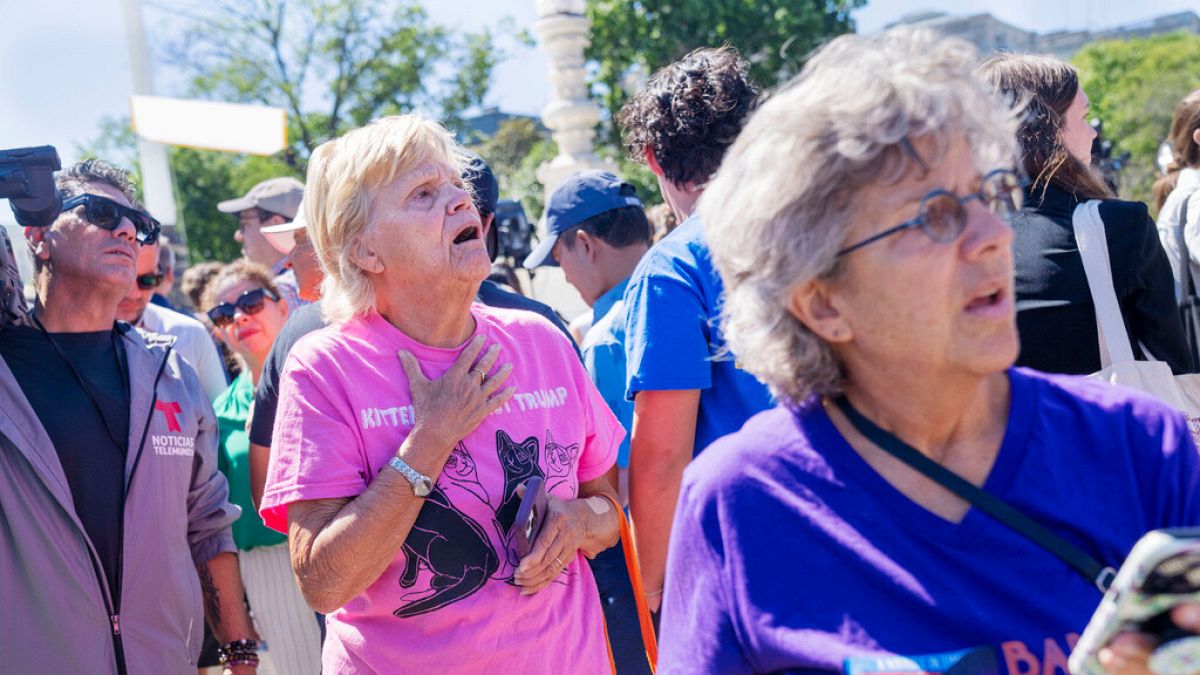Former US President Donald Trump has been granted immunity from prosecution for some of his actions while in office, according to a ruling by the US Supreme Court. The court ruled that former presidents are entitled to immunity for official acts taken while in office, but not for unofficial acts. This decision will now send the case back to a lower court to determine how to apply the ruling, potentially delaying the trial until after the upcoming presidential election in November. Trump is currently facing charges in a federal election interference case related to pressuring officials to overturn the 2020 election results and capitalizing on the Capitol riot on January 6, 2021.
The Supreme Court’s decision came after over two hours of arguments in a case that questions whether presidents have immunity from prosecution. The court voted 6-3 in favor of granting Trump immunity for some of his actions, with Justice Brett Kavanaugh noting the significant implications the case has for the presidency and the country as a whole. This ruling adds to the legal battles Trump is currently facing, including being found guilty on 34 counts of falsifying business records last month in connection to a hush-money payment to adult film star Stormy Daniels in 2016.
The ruling by the Supreme Court highlights the complexity and significance of the legal battles surrounding Donald Trump. The decision to grant immunity for some of his actions while in office raises questions about accountability for past actions of presidents. The delay in the trial resulting from this ruling also has political implications, as it could potentially impact the upcoming presidential election in November. Trump’s legal troubles continue to be a focus of attention, as he faces multiple cases related to his time in office and activities while out of office.
The implications of the Supreme Court’s ruling extend beyond just Donald Trump’s case, as it sets a precedent for future cases involving former presidents and their actions while in office. The decision to grant immunity for official acts while denying it for unofficial acts raises questions about the scope of presidential immunity and how it applies to different situations. This ruling adds another layer of complexity to the legal battles surrounding Trump and underscores the importance of clarity and consistency in legal interpretations related to presidential actions.
The legal battles faced by Donald Trump continue to be a topic of debate and scrutiny, with each ruling and decision shaping the narrative surrounding his presidency and post-presidential activities. The Supreme Court’s decision to grant immunity for some of Trump’s actions while in office adds to the complexity of his legal challenges and raises questions about the balance between accountability and presidential authority. As the case moves back to a lower court for further consideration, the delay in the trial could impact the timing and outcome of the legal proceedings, potentially influencing the political landscape leading up to the upcoming presidential election. Trump’s legal battles are likely to remain a focal point of discussion and analysis as the legal process unfolds and the implications of these decisions become clearer.











